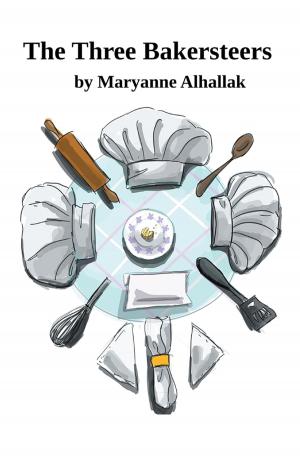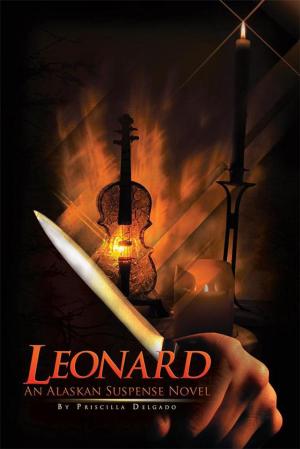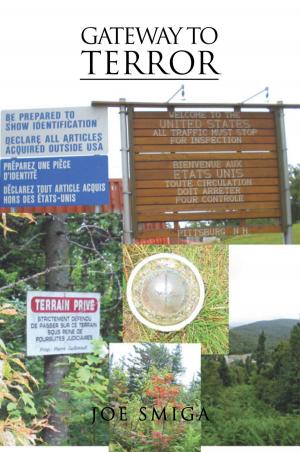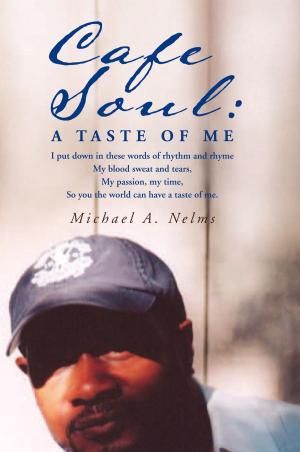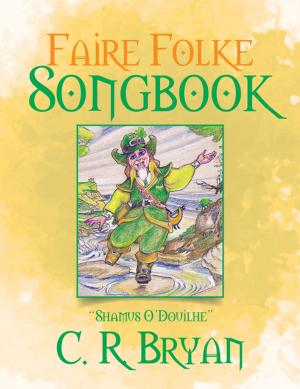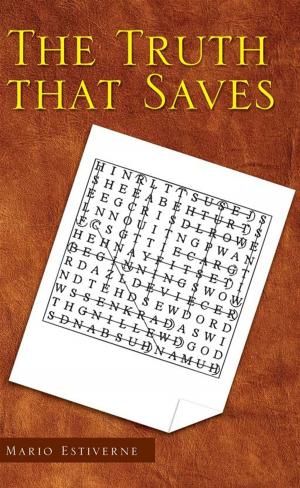| Author: | Cres Smith | ISBN: | 9781462828319 |
| Publisher: | Xlibris US | Publication: | December 3, 1999 |
| Imprint: | Xlibris US | Language: | English |
| Author: | Cres Smith |
| ISBN: | 9781462828319 |
| Publisher: | Xlibris US |
| Publication: | December 3, 1999 |
| Imprint: | Xlibris US |
| Language: | English |
In 1926 Pauline Klug, had an opportunity to visit her family living in Eastern Europe. Her mother had been informed that Paulines grandmother was dieing. She and her mother, Wilma Klug, traveled to Tvarozna (Var-oz-na) to see her before her death. Tvarozna is a village in Slovakia lying in the shadows of the Carpathian Mountains.
The impending trip to Eastern Europe brought to remembrance the younger lives of Wilma and Cornell in Tvarozna and Poprad, Slovakia. Wilma Bullner and Cornell Klug lived twenty miles apart and were third cousins. Although they lived close, they were not acquainted as young people in 1895. As a girl, Wilma spoke Slovak and German and found work as a language teacher. Before the 1st World War Tvarozna was known as Durand, a village of the Spis, mostly populated with Germans whose families had formed the village during the 15th century.
Cornells family lived in Poprad and this is where Pauline spent most of her time while in Europe. Paulines grandfather, Gustav Klug, was in the construction and other business ventures. His fathers business was one Cornell desired; but his older brother, Emile, was to inherit the business from Gustav. Cornell was apprentinced to a tailor.
Cornell and Wilma immigrated to America at different times, around 1901. They met and married in Philadelphia. While in Philadelphia and during the roaring twenties they operated a delicatessen. Pauline grew up with two brothers, Erwin and Louis. . Pauline enjoyed an especially fond relationship with her brother, Louis, as they danced for fun and competition and enjoyed the same friends.
Wilma left for Europe, leaving Cornell behind with her two boys to help Cornell in the store. While Wilma was in Europe, Cornell sold the store and took a job as an insurance salesman. When Wilma returned from Europe she was understandably upset and took Cornell to task for selling the store.
Later, Cornell purchased a gasoline service station and Pauline spent late hours with her father as he kept the store open late. Pauline grew into a young woman. She attended Temple University and majored in art.
While Pauline was in Europe, Creston Smith ran away from an orphanage near Lancaster, Pa. He and his sister, Edna, had been placed in the orphanage because his father had recently died. Creston was a frail youngster, born prematurely and sickly.
Pauline and Creston met after a baseball practice in Philadelphia. For months after they became acquainted Pauline pretended to only speak German. This made it hard for Creston, who finally found out the truth. They were married in 1935. Raising a family was hard and work was harsh. The family grew to five with one boy and two girls. They moved frequently over America as Creston sought work during the depression. Creston found work in the San Francisco ship yards building amphibious landing Craft during World War Two.
Louis was drafted into the Army and served in the African campaign under General Patton. He fought against Rommel and was part of the invasion of Sicily, in 1943. He was killed in fighting at Gala Bay, Sicily, July 10, 1943.
Pauline, Creston and their family moved from California to Philadelphia to be with Wilma. Cornell was bed-ridden with arthritis. The family was together again now, and Wilma was able to relate the stories of the old country to her grandchildren. The spirit of Tvarozna, as a family home, drew the family together, even though they didnt live in Eastern Europe anymore.
In 1926 Pauline Klug, had an opportunity to visit her family living in Eastern Europe. Her mother had been informed that Paulines grandmother was dieing. She and her mother, Wilma Klug, traveled to Tvarozna (Var-oz-na) to see her before her death. Tvarozna is a village in Slovakia lying in the shadows of the Carpathian Mountains.
The impending trip to Eastern Europe brought to remembrance the younger lives of Wilma and Cornell in Tvarozna and Poprad, Slovakia. Wilma Bullner and Cornell Klug lived twenty miles apart and were third cousins. Although they lived close, they were not acquainted as young people in 1895. As a girl, Wilma spoke Slovak and German and found work as a language teacher. Before the 1st World War Tvarozna was known as Durand, a village of the Spis, mostly populated with Germans whose families had formed the village during the 15th century.
Cornells family lived in Poprad and this is where Pauline spent most of her time while in Europe. Paulines grandfather, Gustav Klug, was in the construction and other business ventures. His fathers business was one Cornell desired; but his older brother, Emile, was to inherit the business from Gustav. Cornell was apprentinced to a tailor.
Cornell and Wilma immigrated to America at different times, around 1901. They met and married in Philadelphia. While in Philadelphia and during the roaring twenties they operated a delicatessen. Pauline grew up with two brothers, Erwin and Louis. . Pauline enjoyed an especially fond relationship with her brother, Louis, as they danced for fun and competition and enjoyed the same friends.
Wilma left for Europe, leaving Cornell behind with her two boys to help Cornell in the store. While Wilma was in Europe, Cornell sold the store and took a job as an insurance salesman. When Wilma returned from Europe she was understandably upset and took Cornell to task for selling the store.
Later, Cornell purchased a gasoline service station and Pauline spent late hours with her father as he kept the store open late. Pauline grew into a young woman. She attended Temple University and majored in art.
While Pauline was in Europe, Creston Smith ran away from an orphanage near Lancaster, Pa. He and his sister, Edna, had been placed in the orphanage because his father had recently died. Creston was a frail youngster, born prematurely and sickly.
Pauline and Creston met after a baseball practice in Philadelphia. For months after they became acquainted Pauline pretended to only speak German. This made it hard for Creston, who finally found out the truth. They were married in 1935. Raising a family was hard and work was harsh. The family grew to five with one boy and two girls. They moved frequently over America as Creston sought work during the depression. Creston found work in the San Francisco ship yards building amphibious landing Craft during World War Two.
Louis was drafted into the Army and served in the African campaign under General Patton. He fought against Rommel and was part of the invasion of Sicily, in 1943. He was killed in fighting at Gala Bay, Sicily, July 10, 1943.
Pauline, Creston and their family moved from California to Philadelphia to be with Wilma. Cornell was bed-ridden with arthritis. The family was together again now, and Wilma was able to relate the stories of the old country to her grandchildren. The spirit of Tvarozna, as a family home, drew the family together, even though they didnt live in Eastern Europe anymore.




